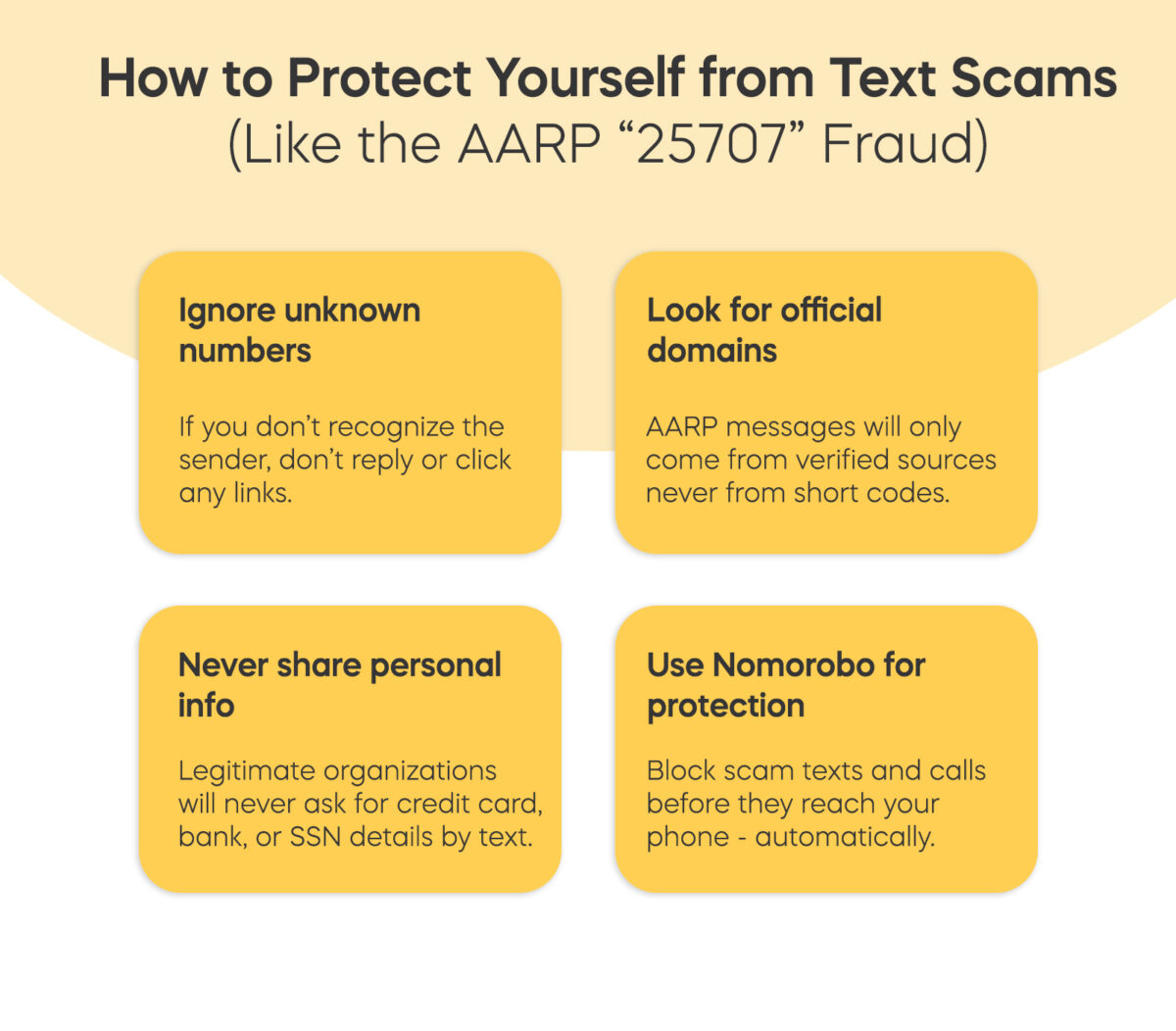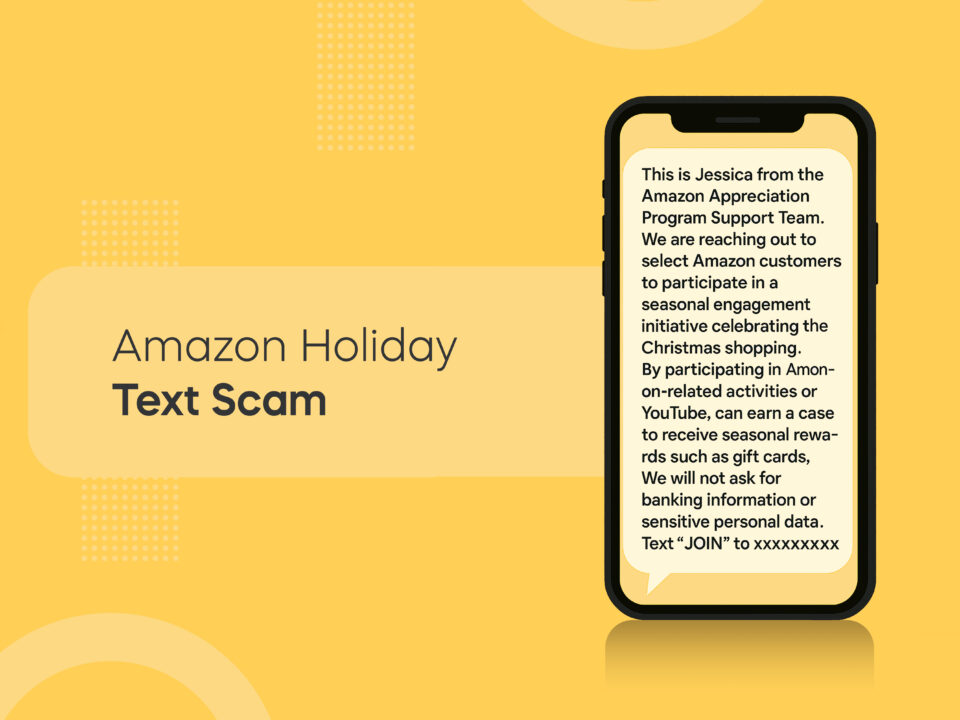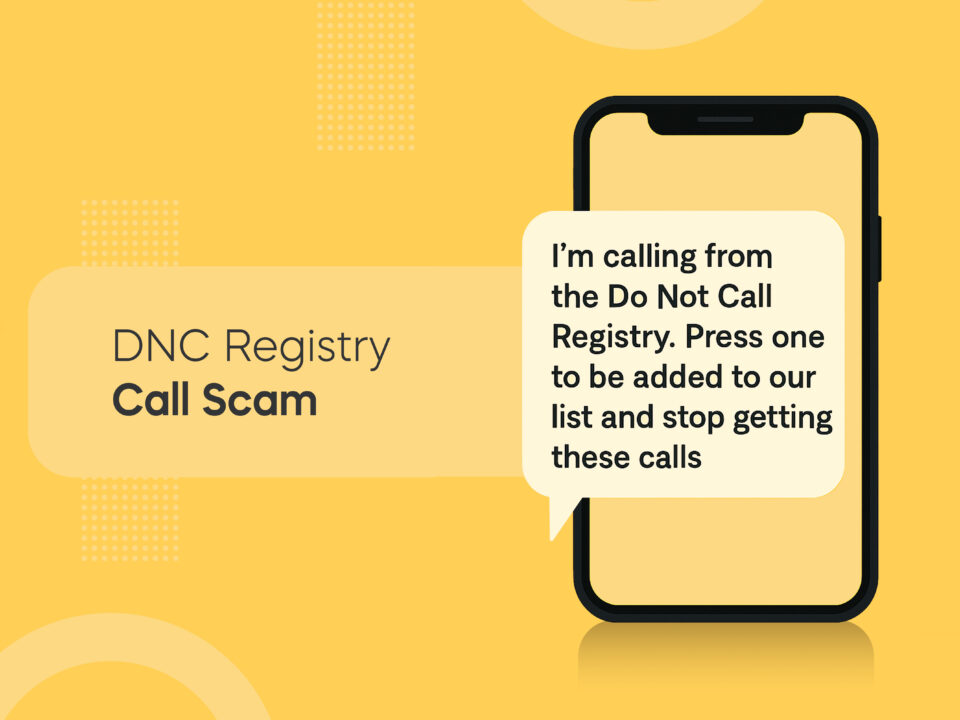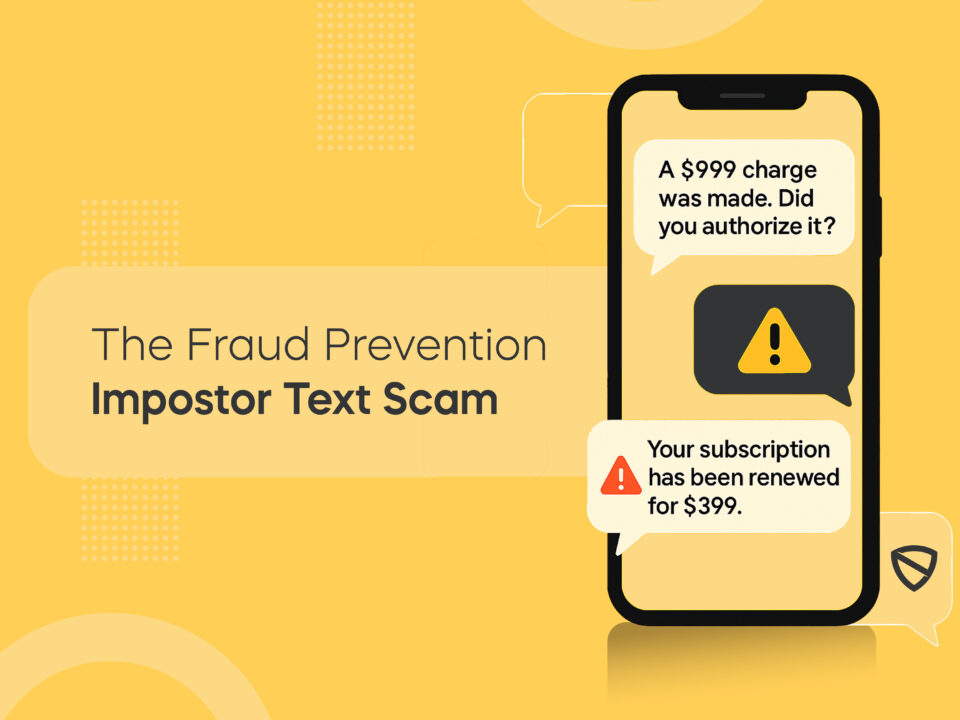
Nomorobo Sues Synchrony Financial Over Alleged Illegal Robocalls
October 20, 2025
New Attempt to Stop the Robocall Epidemic
October 29, 2025AARP Text Scam Alert: Messages from “25707” Are Not from AARP
If you’ve received a text from “25707” claiming to be from AARP — stop right there.
Scammers are impersonating trusted organizations to steal your money and personal information.
These fake messages often look official, but they’re part of a growing wave of phishing (or “smishing”) scams that target older Americans.
Fake AARP Texts Are on the Rise
Here’s how the scam works:
Fraudsters send a message saying something like, “Your AARP membership has ended — click here to renew your benefits.”
The link leads to a fake site designed to trick you into entering sensitive information — like your credit card number, Social Security number, or AARP login.
AARP confirmed these messages are not legitimate. The real AARP will never ask for money, credit card details, or personal information via text.
The scammers’ goal? To exploit trust in a well-known brand, create urgency (“Your membership just ended!”), and push you to act before thinking.

How to Spot the Scam
Watch for these warning signs:
-
Messages from short codes like 25707 claiming to be from AARP or other large organizations.
-
Urgent language urging you to “renew,” “verify,” or “claim benefits.”
-
Links that don’t go to an official AARP website (check for
aarp.orgonly). -
Requests for personal or payment information over text.
If you receive one of these messages:
- Do not click any links
- Delete the message
- Report it to the AARP Fraud Watch Network at 877-908-3360
Stay One Step Ahead of Text Scams
Protecting yourself starts with awareness — and the right tools.
Nomorobo blocks smishing texts, robocalls, and scam attempts before they ever reach your phone.
Our technology identifies fraudulent patterns in real time, helping you avoid fake alerts like this AARP scam and thousands of others targeting consumers every day.
Sign up today and stay one step ahead of unwanted texts.





